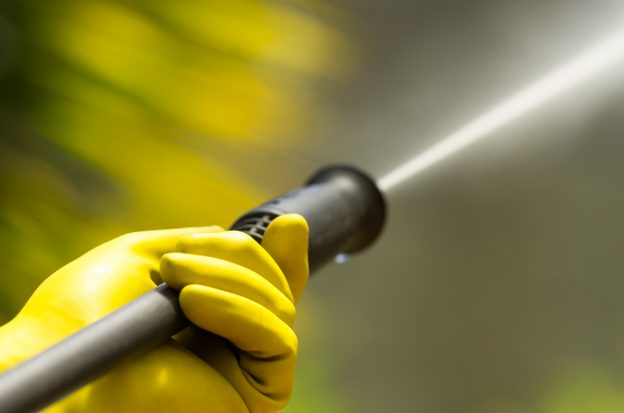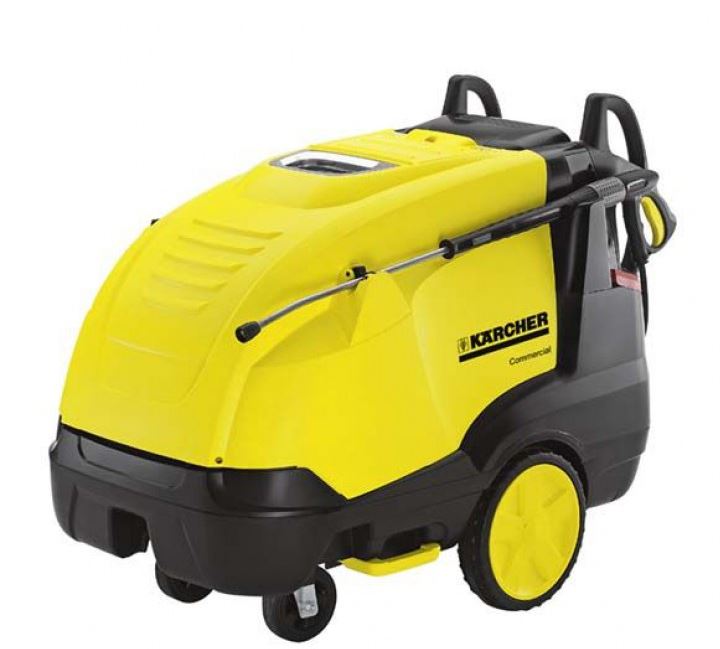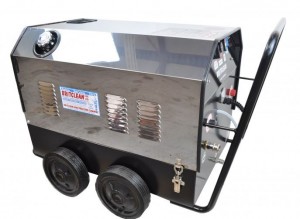Pressure washing and power washing are often interchangeable terms, with both considered to be the same thing by people not familiar with the cleaning industry.
There are some differences between the two, which we are going to explore for our latest blog.
Power Washing vs. Pressure Washing
The difference between power washing and pressure washing is the heat, with the jet wash in a power washing machine using heated water whereas the water is a pressure washer isn’t heated.
The main advantage of a power washer is the heated water is more able to clear tough-to-clean spaces with grease, salt, mildew and grime. The heated water, much in the same way as doing the dishes or washing your hands, makes it easier to clean surfaces. This makes the power washer more of a heavy-duty machine.
Power washers are the smart choice for cleaning concrete, as it will not damage the surface.
Understanding Pressure Washers and their Uses
A pressure washer is equipped with a high-pressure water spray that is able to clean large surfaces, comprehensively removing dirt, dust, mud, grime, stains, salt, mold and chewing gum.
This makes a pressure washer perfect for cleaning the following areas –
- Stairways, walkways, patios, driveways and paths
- Exterior facade of residential and commercial buildings
- Public spaces such as car parks
- The seats and grounds of cinemas
- Vehicles such as cars, buses, trucks and boats
Pressure washers are one of the most effective ways to give a building a low-cost facelift. You can also keep your premises clean on a daily, weekly or a monthly basis and get your floors looking brand new in no time. This also means you will maintain the quality of your property and retain its value.
Talk to the Pressure Washer Specialists
If you have any questions about Britclean’s range of pressure washers, please contact us today.
From our base in Staffordshire, we work with domestic and commercial customers across Cheshire, Derbyshire and Shropshire.





